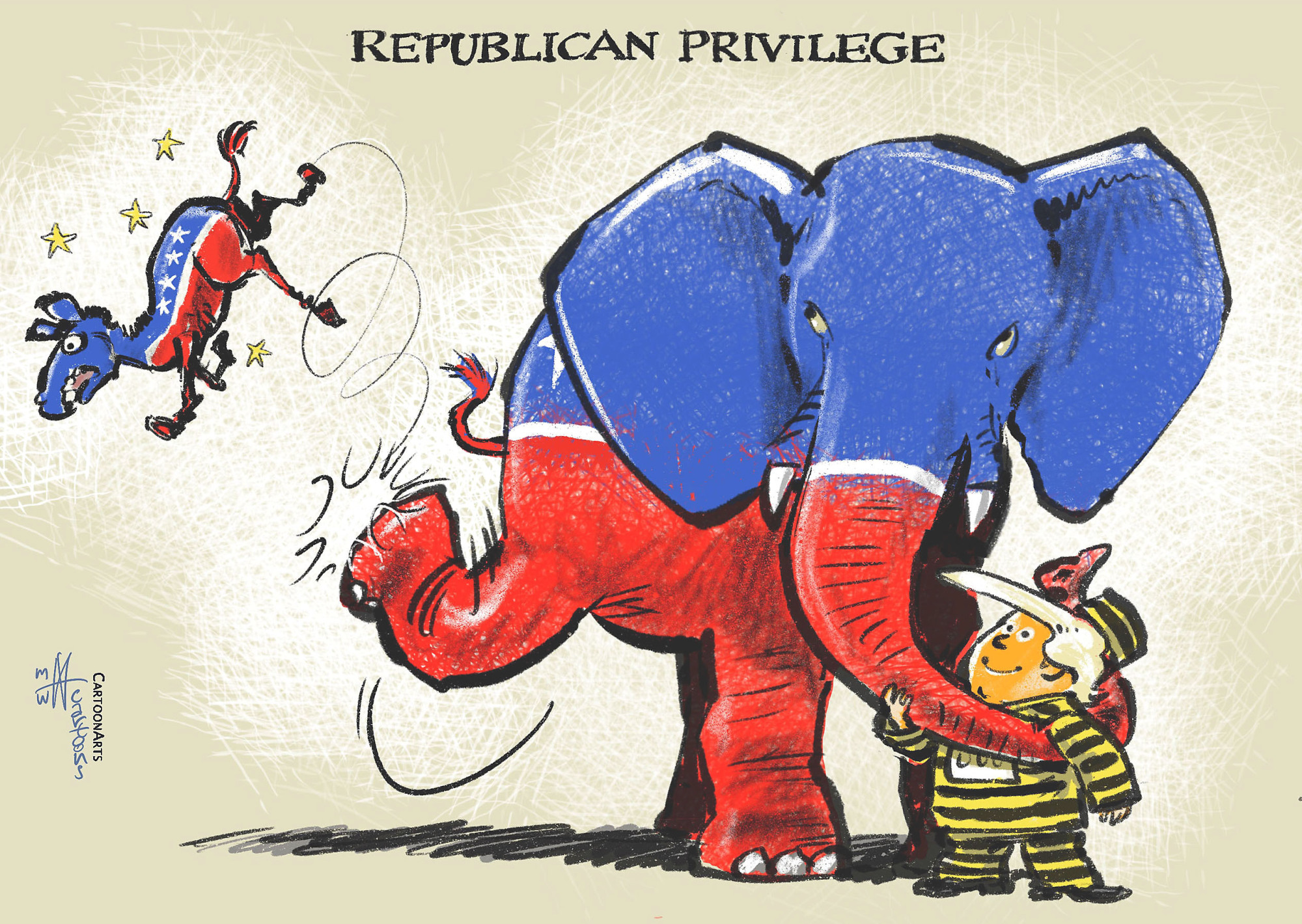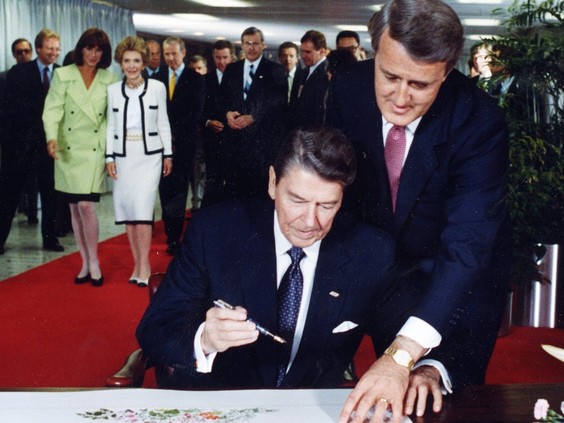Both Domestic and Global Remedies Needed for the US Fentanyl Crisis
(China) on 12 June 2023
by Han Fei (link to original)
First, it is unlikely the U.S. will be able to solve the fentanyl crisis enveloping the country within the decade. This crisis accounted for 60% of the record 107,000 overdose deaths in 2021. Overdose fatalities are projected to increase until 2025, resulting in an estimated loss of 543,000 to 842,000 lives between 2020 and 2032, according to predictions in collaborative research by Harvard Medical School, UCLA, and the USDA’s Center for Drug Evaluation and Research.
Second, the U.S. cannot go it alone. A resolution critically needs multilateral cooperation. Fentanyl has been replacing heroin because it is cheaper, more potent, and easier to traffic and distribute. Illicitly manufactured fentanyl will continue to spread to more states and districts. Illicit fentanyl manufacturers are embracing new strategies that will fuel the proliferation of synthetic opioids, according to reports. The manufacturers are anonymously attracting online customers with lower prices and designer drugs. Transactions are conducted in digital currency to circumvent detection and legal penalties.
Finally, the U.S. National Drug Control Strategy relies heavily on research by medical practitioners and think tanks, but there isn’t any smooth process to implement findings. Moreover, the past decade has been lost to the discontinuation of drug policies from administration to administration, and now fentanyl is everywhere. Since there currently is no accurate, comprehensive system for drug data monitoring, the federal government relies heavily on think tanks such as the RAND Corporation and the Brookings Institution, which primarily depend on secondary data, literature reviews, transnational cases and interviews with informants. Because the think tanks do not command a strong understanding of how to track precursor chemicals, anonymous e-commerce networks, and money laundering activities, they seek help from other countries. However, the U.S. suspects that other countries frame false narratives to protect themselves and so the information cannot be used in finding a substantive solution to the drug problem. Buzzwords like “cooperation” in the national strategy amount to nothing more than empty talk.
The Biden administration's National Drug Control Strategy aims to assist agencies such as the U.S Customs and Border Protection and the Drug Enforcement Administration prioritize targeted measures against transnational drug crime while strengthening bilateral and multilateral cooperation abroad. However, when Washington destroys relations with other countries, it becomes impossible for these U.S. agencies to smoothly cooperate with their foreign counterparts, undermining any national strategy.
Americans widely acknowledge that the fentanyl and synthetic opioids crisis as a significant issue that encompasses drug control, homeland security and cybercrime, necessitating both domestic and global solutions.
First, the United States needs to address its numerous domestic concerns. One such concern involves the involvement of physicians and pharmaceutical companies in fueling opioid abuse. Entities like Purdue Pharmaceuticals have historically concealed the addictive properties of opioids, employed aggressive marketing strategies, and offered financial incentives to doctors for prescribing opioids.
Second, it is crucial for the U.S. to reinforce international cooperation in combating drug-related issues within the United Nations framework. The global trade of illicit fentanyl is characterized by significant uncertainties. When the Taliban returned to power upon the U.S. withdrawal from Afghanistan in 2021, it announced a ban on cultivating poppies. However, fentanyl is a synthetic opioid, so production does not rely on plants or fields, and accordingly, the it is necessary to continue monitoring activities in Afghanistan, which obviously requires the active participation of Afghanistan’s neighbors.
Third, it is critical to strengthen transnational drug control while respecting national sovereignty. The U.S. should enhance drug control cooperation with countries such as Mexico, Colombia, Canada, India and China. However, it is important to note that there are variations in drug control agendas and geopolitical concerns across different regions, which poses significant challenges to cooperation efforts in every country.
If the U.S. seeks international assistance to resolve the drug problem, it must demonstrate respect for the vital interests of other countries, including China. This is the path to enduring, stable and sustainable collaboration in drug control.
The author is a Young Investigator at the International Center for Drug Control Policy Studies at Shanghai University.


